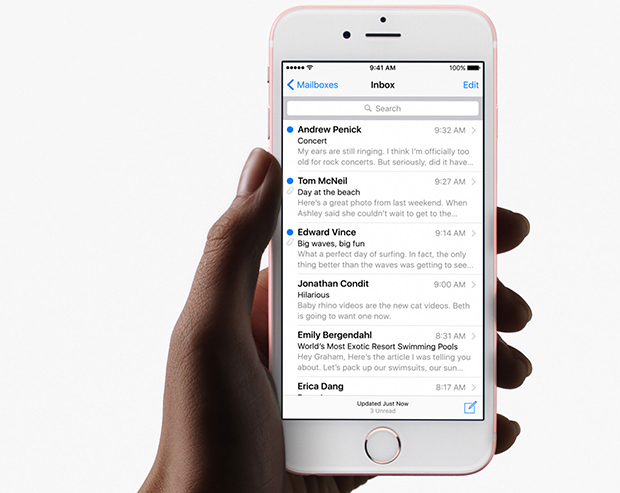Aggressive iOS 9 Wi-Fi Assist Feature Has Apple Facing $5 Million Class Action Lawsuit

Well, let’s take look at what Wi-Fi actually accomplishes for starters. Wi-Fi Assist was designed to make browsing the Internet a seamless experience, even if your Wi-Fi connection isn’t exactly as strong as it could be. As Apple explains in the support documentation for Wi-Fi Assist:
For example, if you're using Safari with a poor Wi-Fi connection and a webpage doesn't load, Wi-Fi Assist will activate and automatically switch to cellular so that the webpage continues to load. You can use Wi-Fi Assist with most apps like Safari, Apple Music, Mail, Maps, and more.
Apple goes on to warn:
Because you'll stay connected to the Internet over cellular when you have a poor Wi-Fi connection, you might use more cellular data. For most users, this should only be a small percentage higher than previous usage.
While Wi-Fi Assist is a pretty nifty feature that some users probably don’t mind — especially those that are still on unlimited data plans — the rest of us smartphone users are on metered plans and have to keep an eye on monthly cellular data usage. Couple that with the fact that Wi-Fi Assist is enabled by default and you have a situation where customers who have upgraded to iOS 9 and might not even have a clue that Wi-Fi Assist even exists may be heavily relying on the feature and eating away at their monthly data allotment.
That brings us to the class auction lawsuit, which has been brought forth by William Scott Phillips and Suzanne Schmidt Phillips. The plaintiffs in the lawsuit, which was first uncovered by Apple Insider, claim that Wi-Fi Assist caused their iPhone 5s smartphones to exceed monthly data limits due to increased cellular data usage.
The lawsuit reads in part:
Defendant's above corrective action, however, still downplays the possible data overcharges a user could incur. Reasonable and average consumers use their iPhones for streaming of music, videos, and running various applications — all of which can use significant data. Defendant's corrective statement does not disclose any basis for its conclusion that an average consumer would not see much increase in cellular usage.
The couple claims that the "the overall amount in controversy exceeds $5,000,000."
Usually, we’d just chalk this up as a case of user error, or a failure to RTFM. However, customers aren’t going out of their way to enable Wi-Fi Assist — Apple itself has enabled the functionality by default. And even if customers were to go looking on their own to disable the feature, you would have to go to Settings —> Cellular and then scroll ALL the way down past the cellular data settings for every single app installed on your iPhone to the bottom of the page -- it’s almost as if Apple didn’t want you to find the setting.


